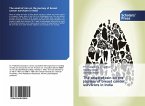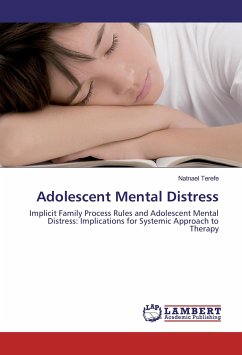This study examined different models of predicting adjustment in adolescent cancer survivors. In particular, the study sought to clarify the role of child factors, including personality, appraisal, and coping, in predicting self-esteem and psychological distress while controlling for more established predictors, such as disease, family, and support variables. Support was obtained for additive models in which (a) optimism, peer support, and age at diagnosis predicted self-esteem and (b) neuroticism and cognitive avoidance predicted distress while controlling other factors. Support was also obtained for a model in which cognitive avoidance partially mediated the relationship between neuroticism and psychological distress. These results underscore the importance of considering child factors in predicting adjustment in adolescent cancer survivors and help to paint a picture of what a more resilient survivor might look like. He or she would be lower in neuroticism and higher in optimism and would engage in less cognitive avoidance. Moreover, he or she would have a close and supportive peer network and a higher functioning, less distressed family.







